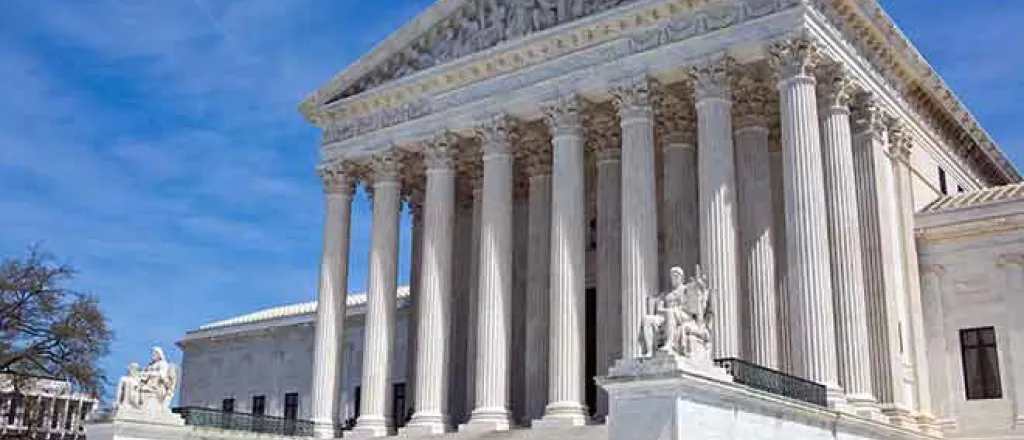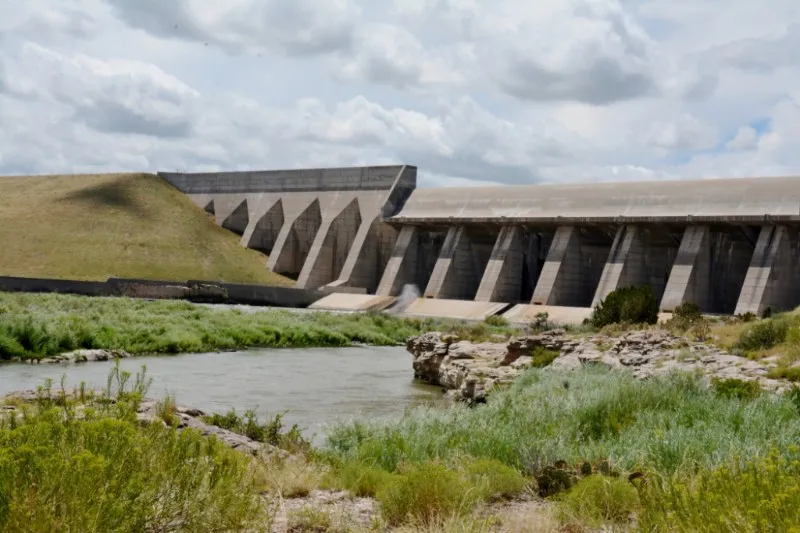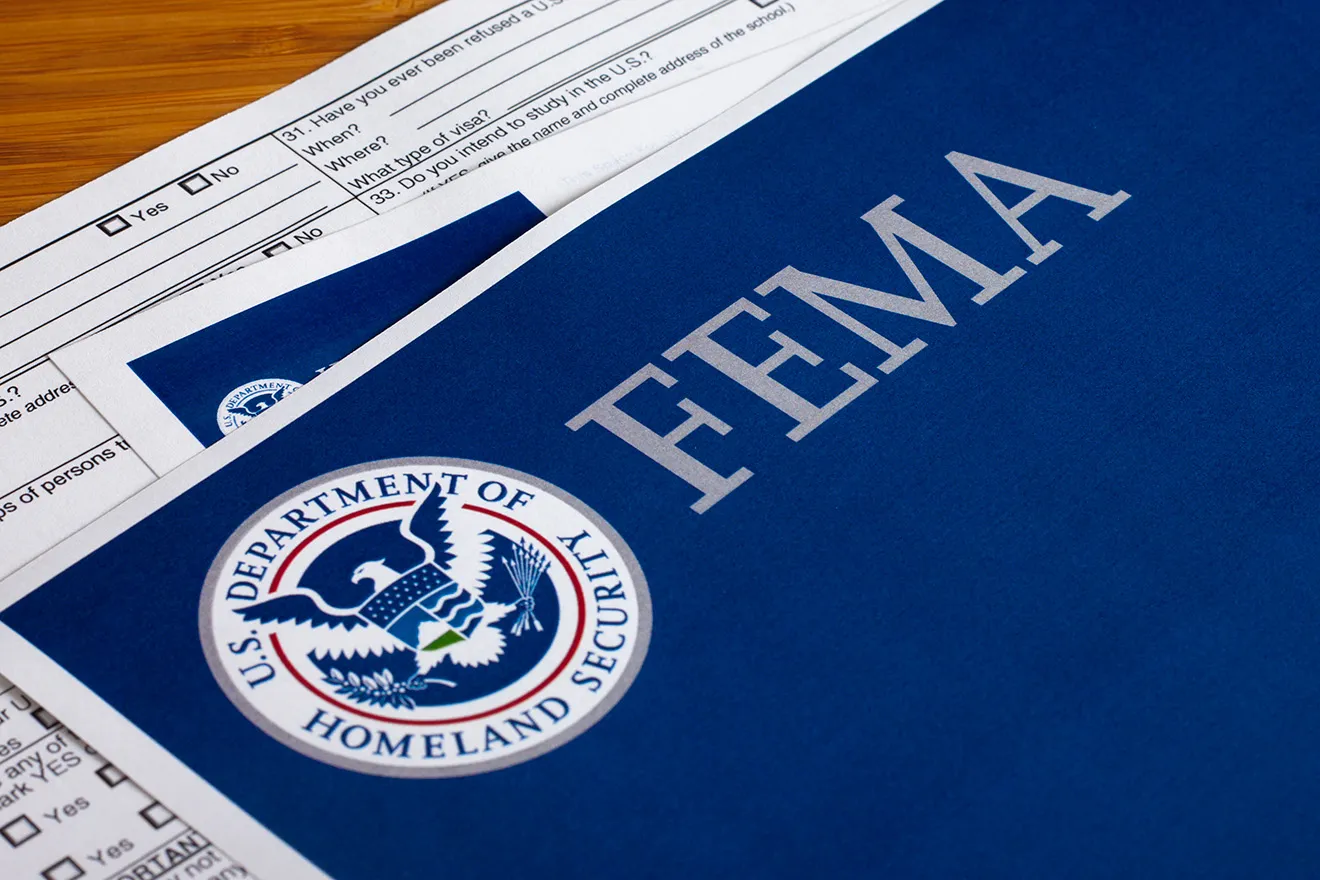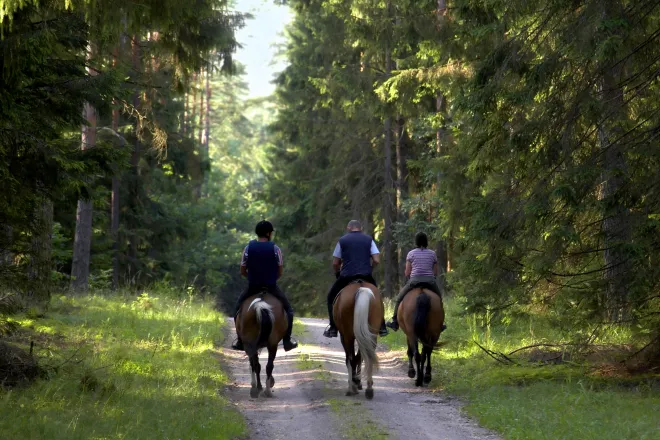
Tribal advocates feel 'relief' after SCOTUS ICWA ruling
(Prairie News Service) Tribal advocates are cheering a U.S. Supreme Court decision Thursday which allows a landmark law dealing with child welfare cases to stand. It follows a tense period of worry and planning in states like North Dakota.
In a 7-2 ruling, the court upheld the Indian Child Welfare Act, adopted in 1978 to address the widespread issue of Native children being placed in non-Native homes for foster care or adoption. The law emphasizes keeping children within their tribal communities to maintain their cultural well-being.
Rep. Jayme Davis, D-Rolette, led the recent push for North Dakota to adopt its own protections in case the federal law was overturned.
"It's just really great to see, you know, something so positive come out of the Supreme Court regarding our Indian children," Davis observed. "It's the Indian Child Welfare Act, but the big underlying issue on this was our sovereignty as well."
This past session, the North Dakota Legislature joined several other states in adopting laws to keep the essence of the federal act in place.
The group North Dakota Native Vote issued a statement calling the outcome "a win for the future of tribal nations." Plaintiffs in the case argued the law was unconstitutional because they felt it was discriminatory toward non-Natives.
Erin Dougherty Lynch, managing attorney for the Native American Rights Fund, said as for tribal sovereignty, the ruling is clear in affirming the precedents of long-standing federal Indian laws. She suggested those who still want to undermine such policies could encounter legal headwinds.
"I don't think it necessarily foreclosed future cases from them," Lynch asserted. "I have no doubt that they will continue to bring cases that challenge tribal sovereignty. But I think today's decision should make them think twice about whether or not those future cases will be successful."
Lynch hopes the case spurs more states to strengthen their own laws and practices in handling similar situations. She noted state-level laws can stretch further than the protections under the Indian Child Welfare Act. Rep. Davis added North Dakota's system is not perfect, but even prior to this year's efforts, it had been taking steps to make improvements within the courts and in communicating with tribal nations.
















